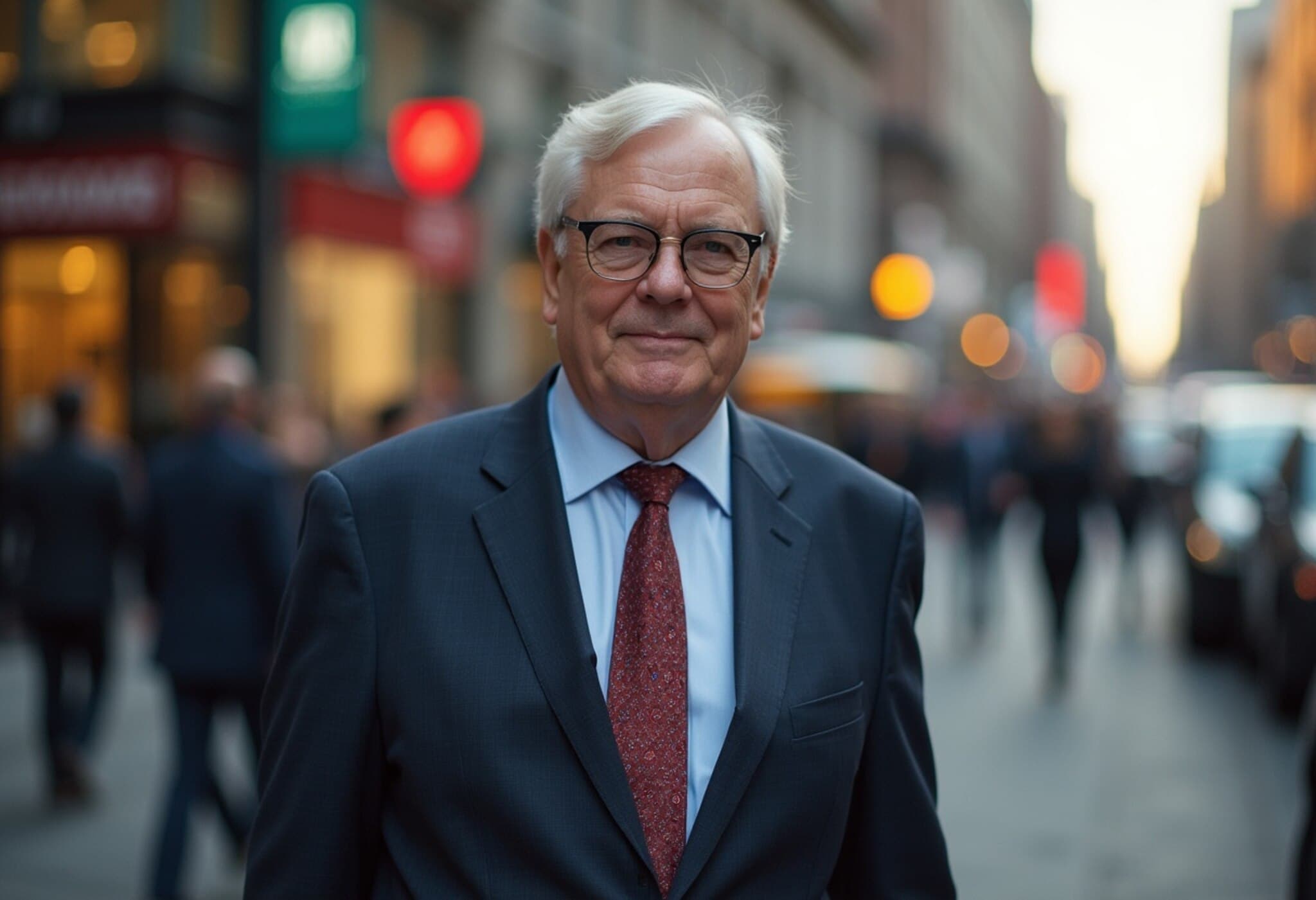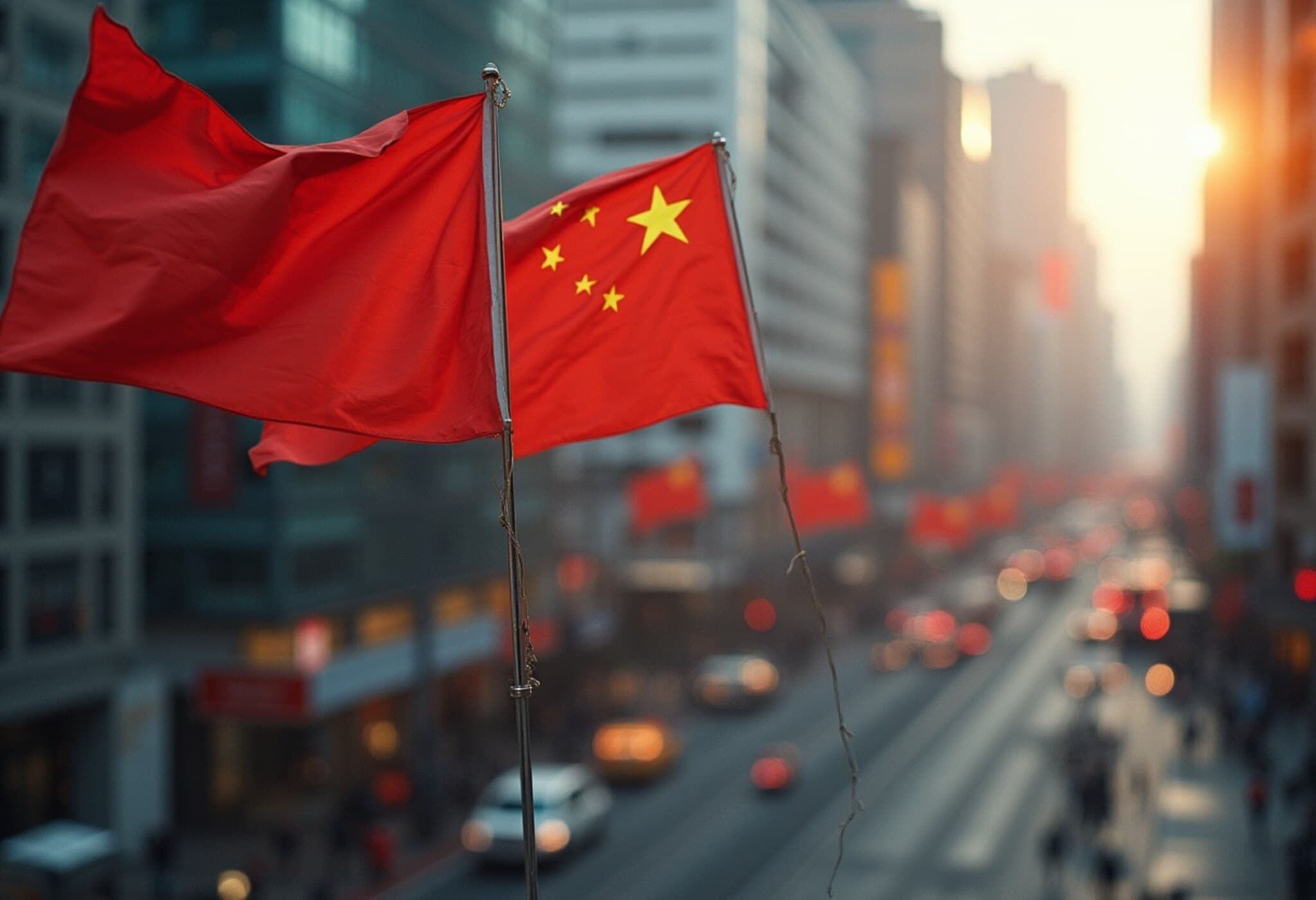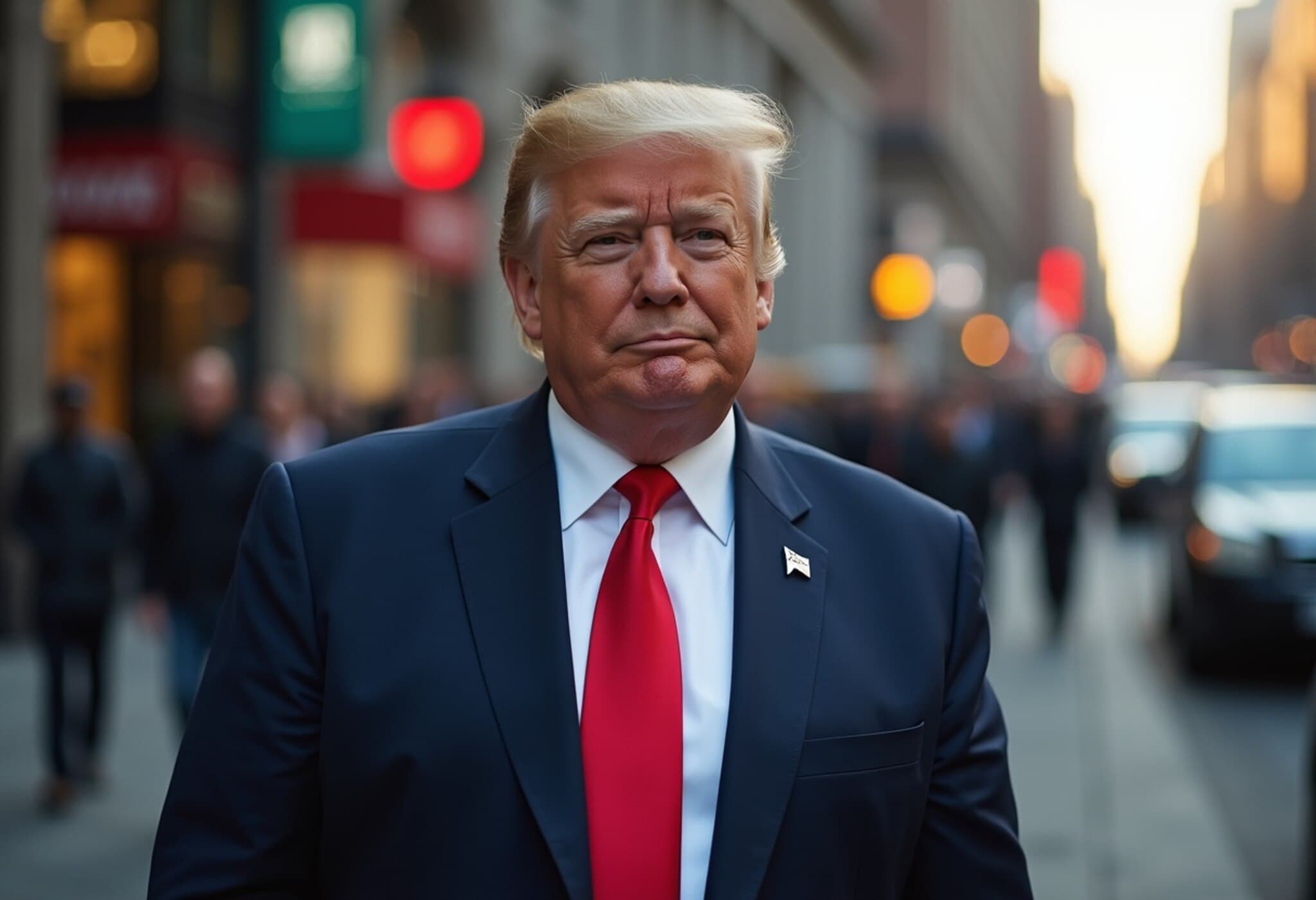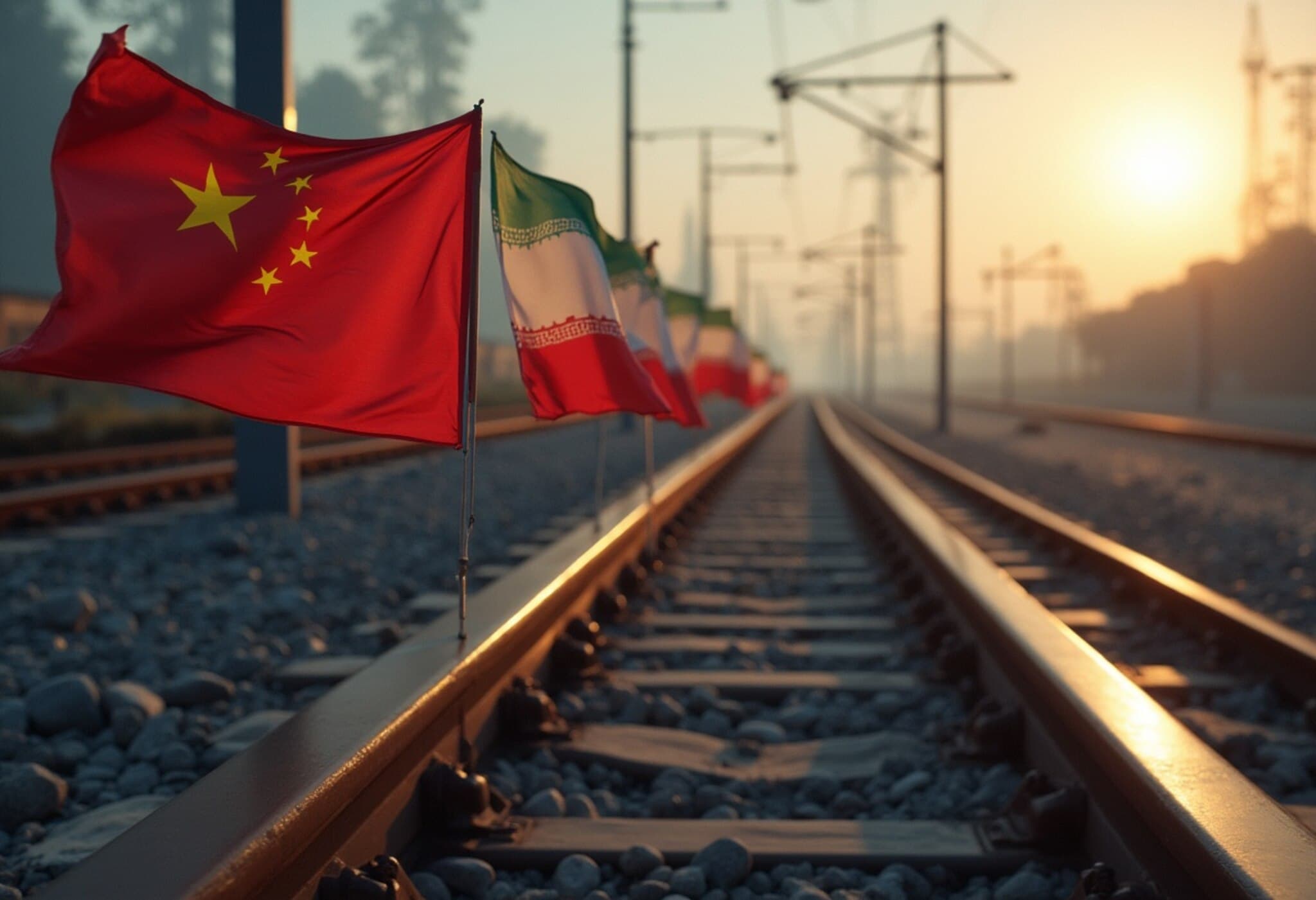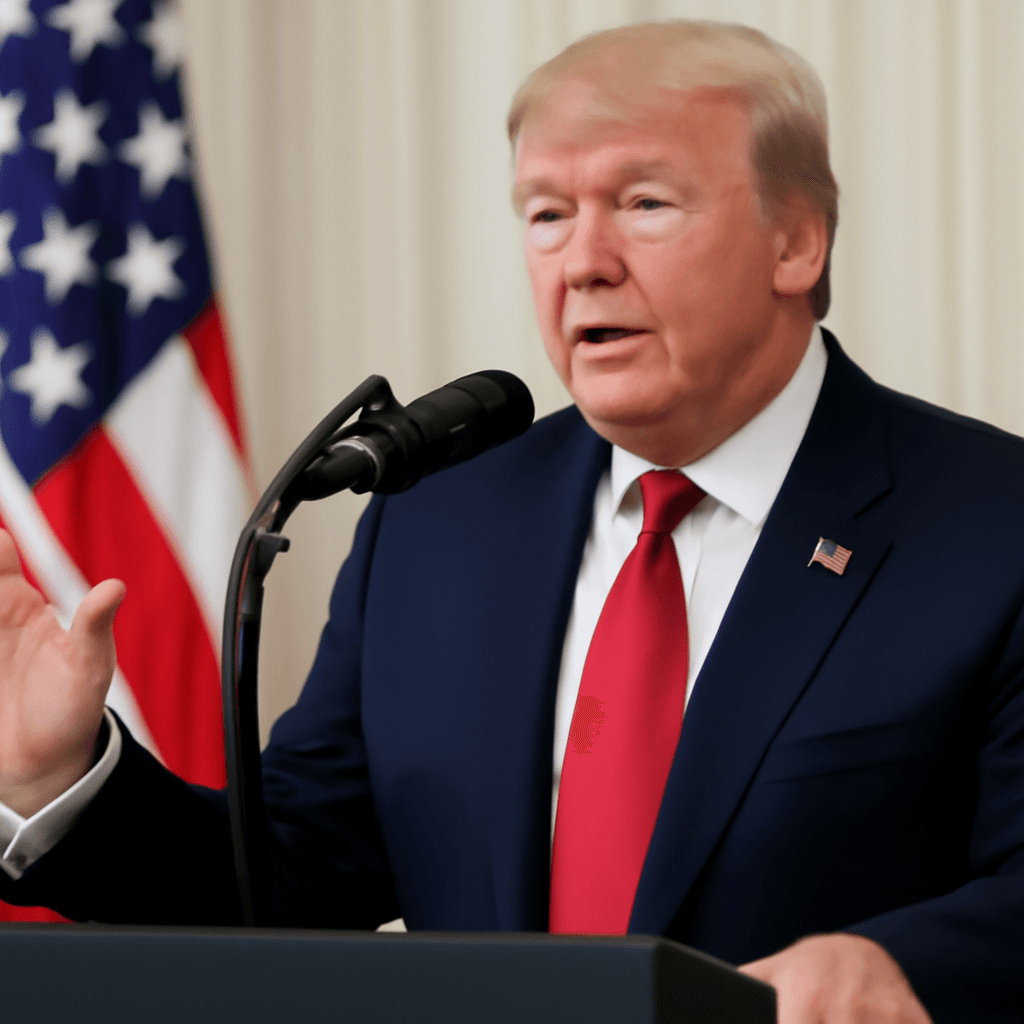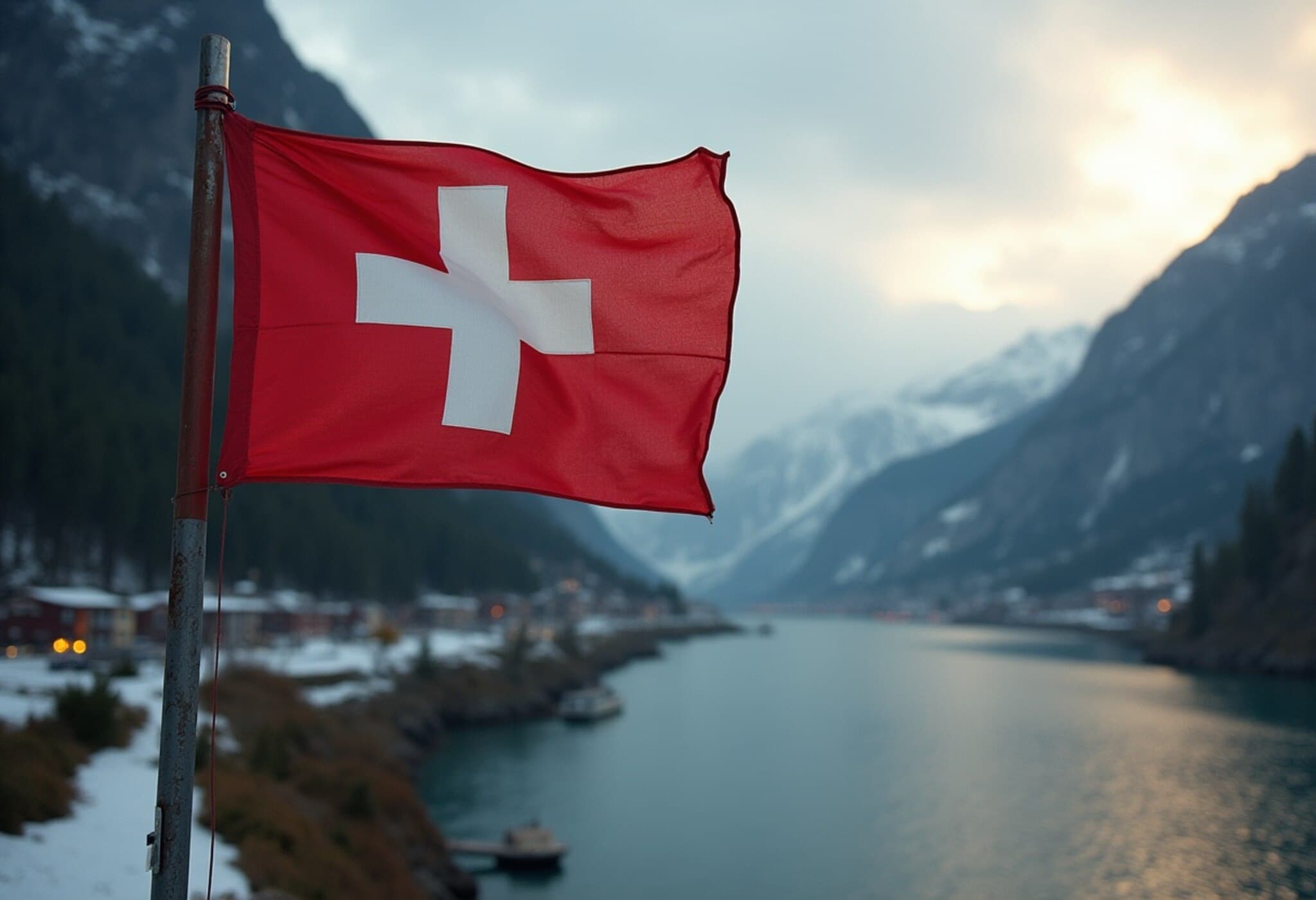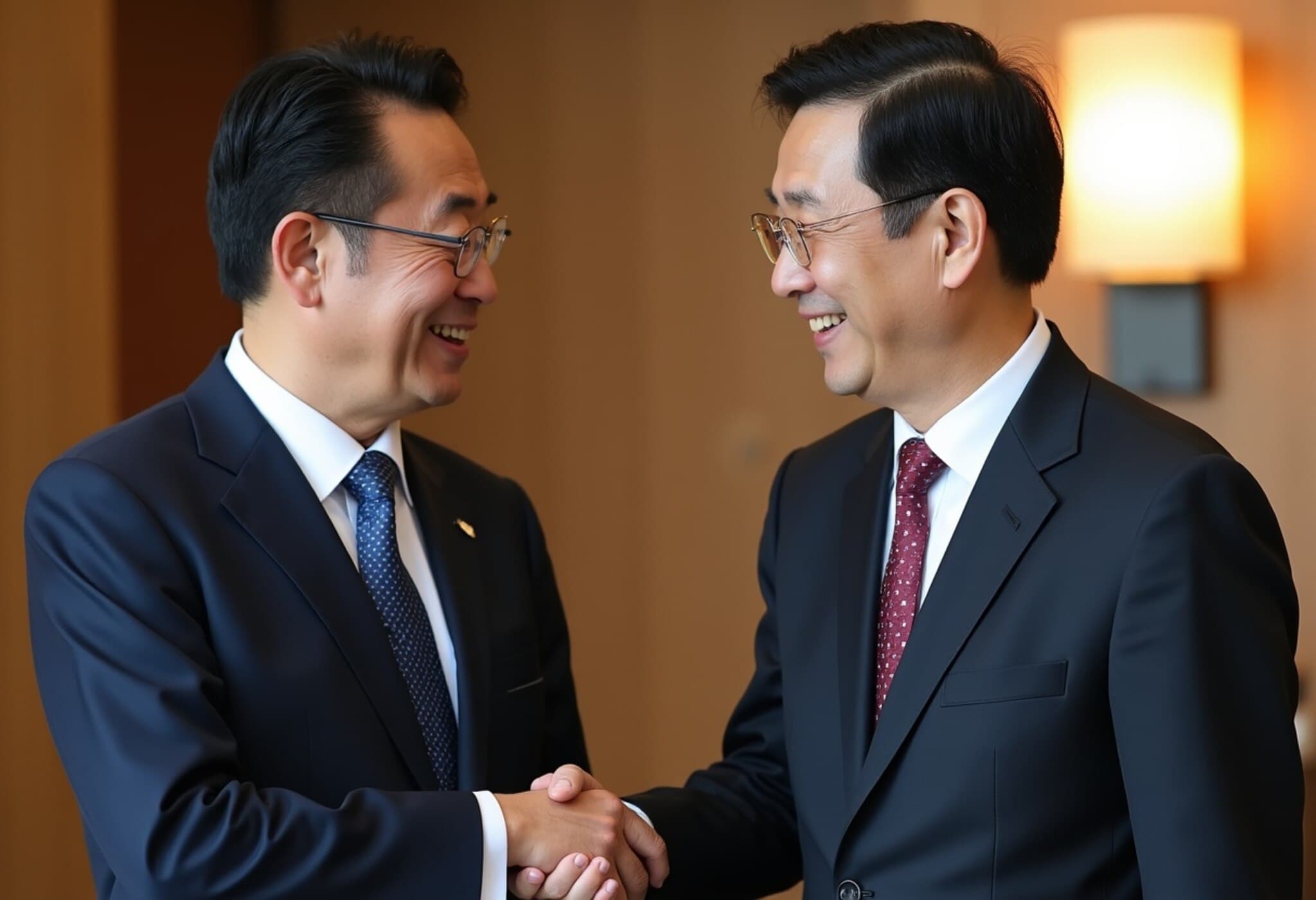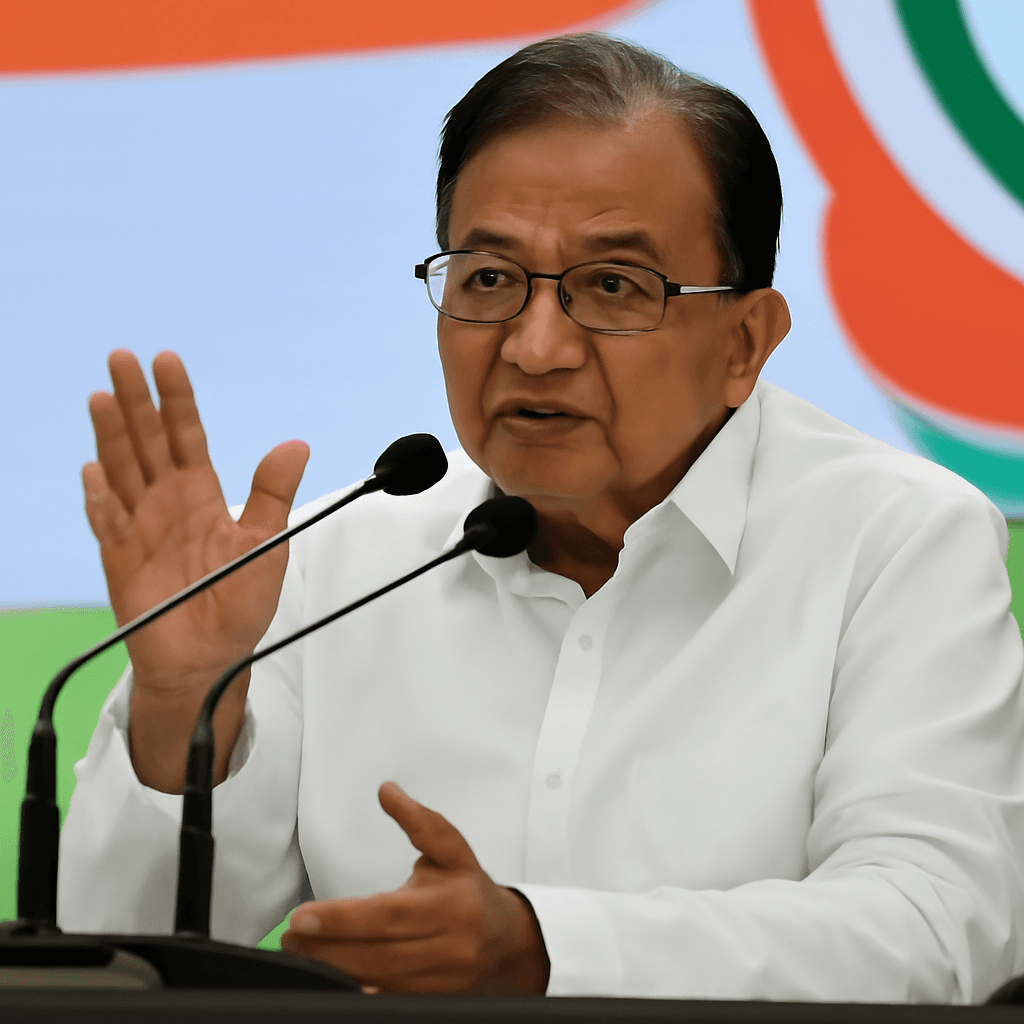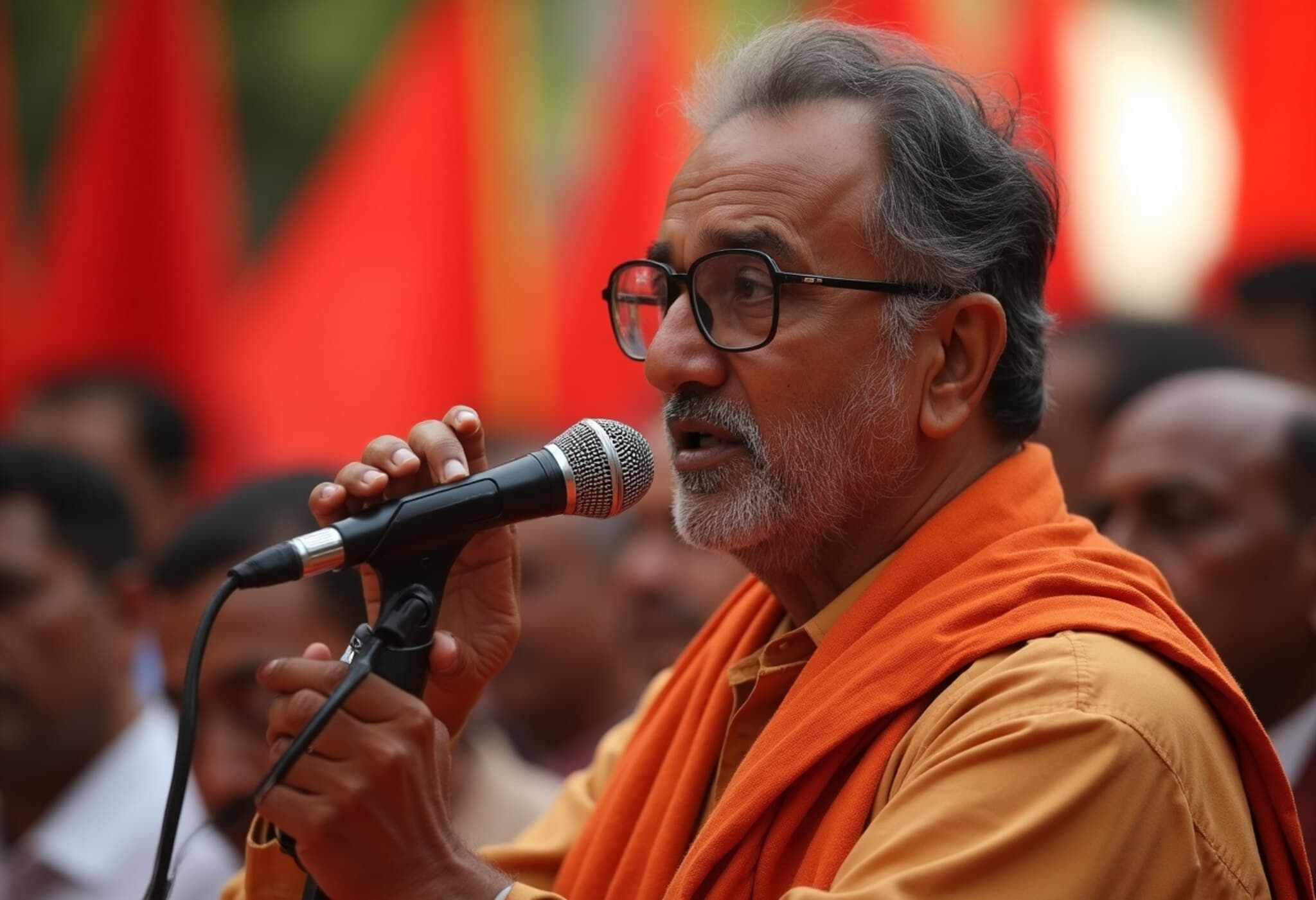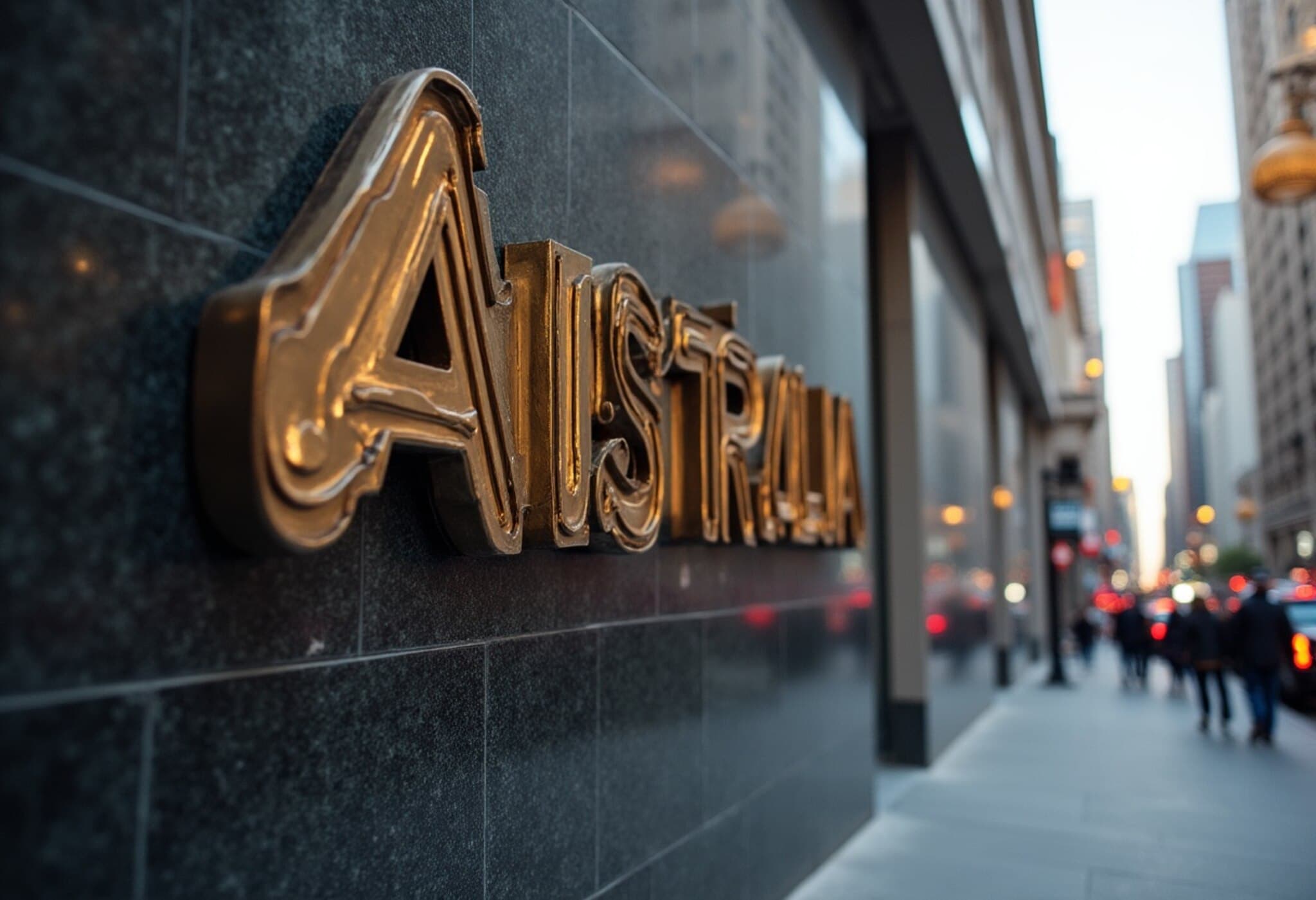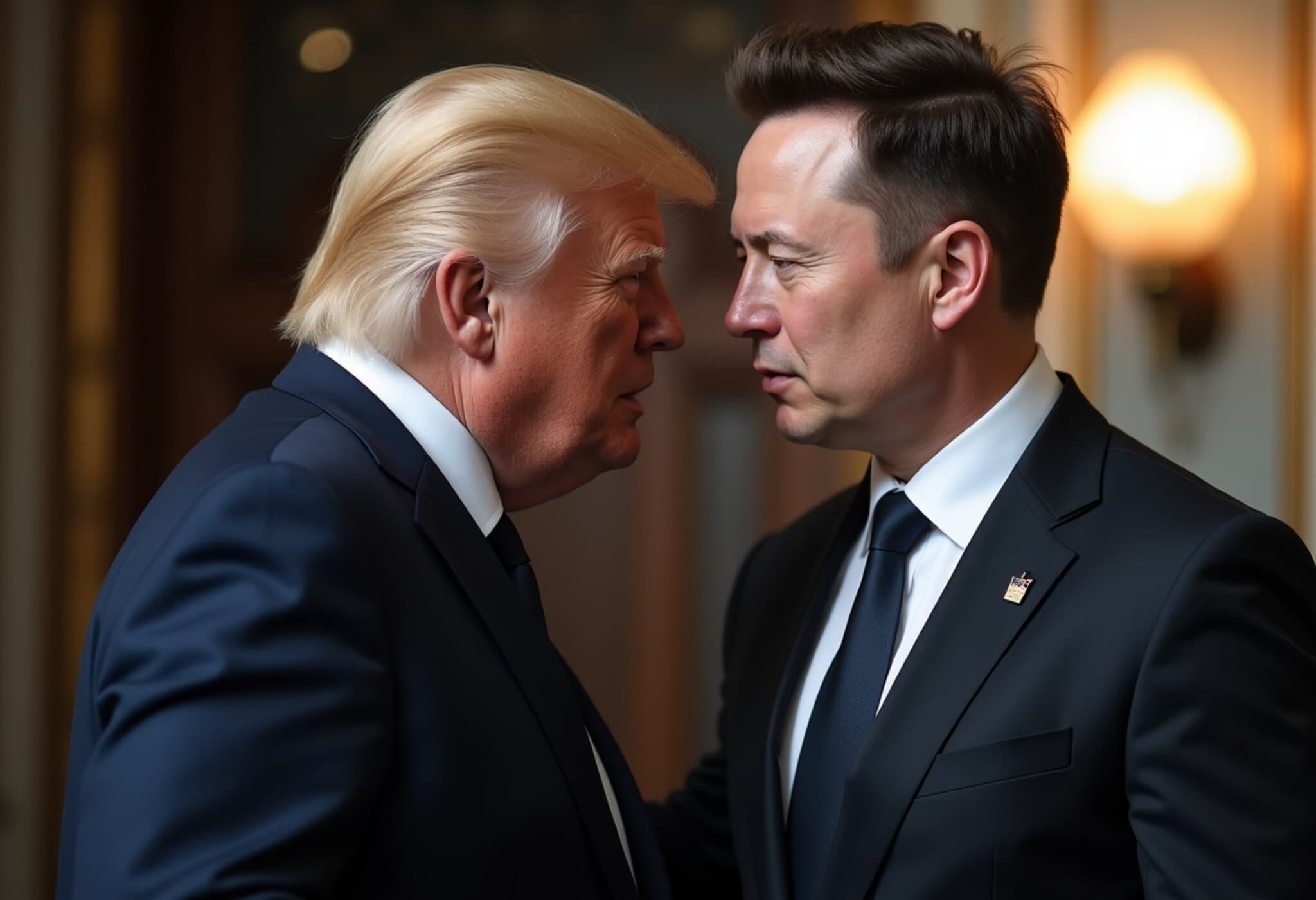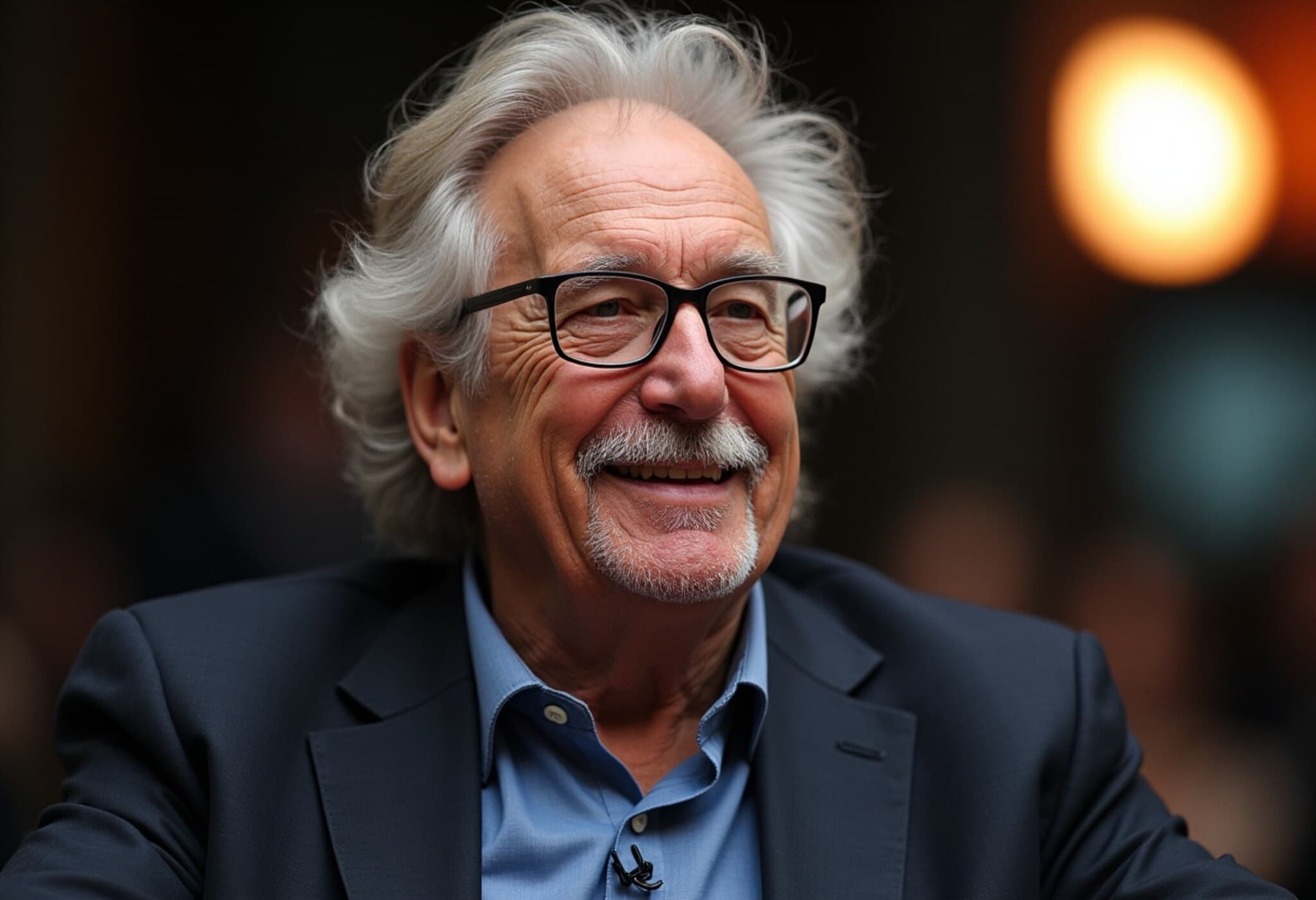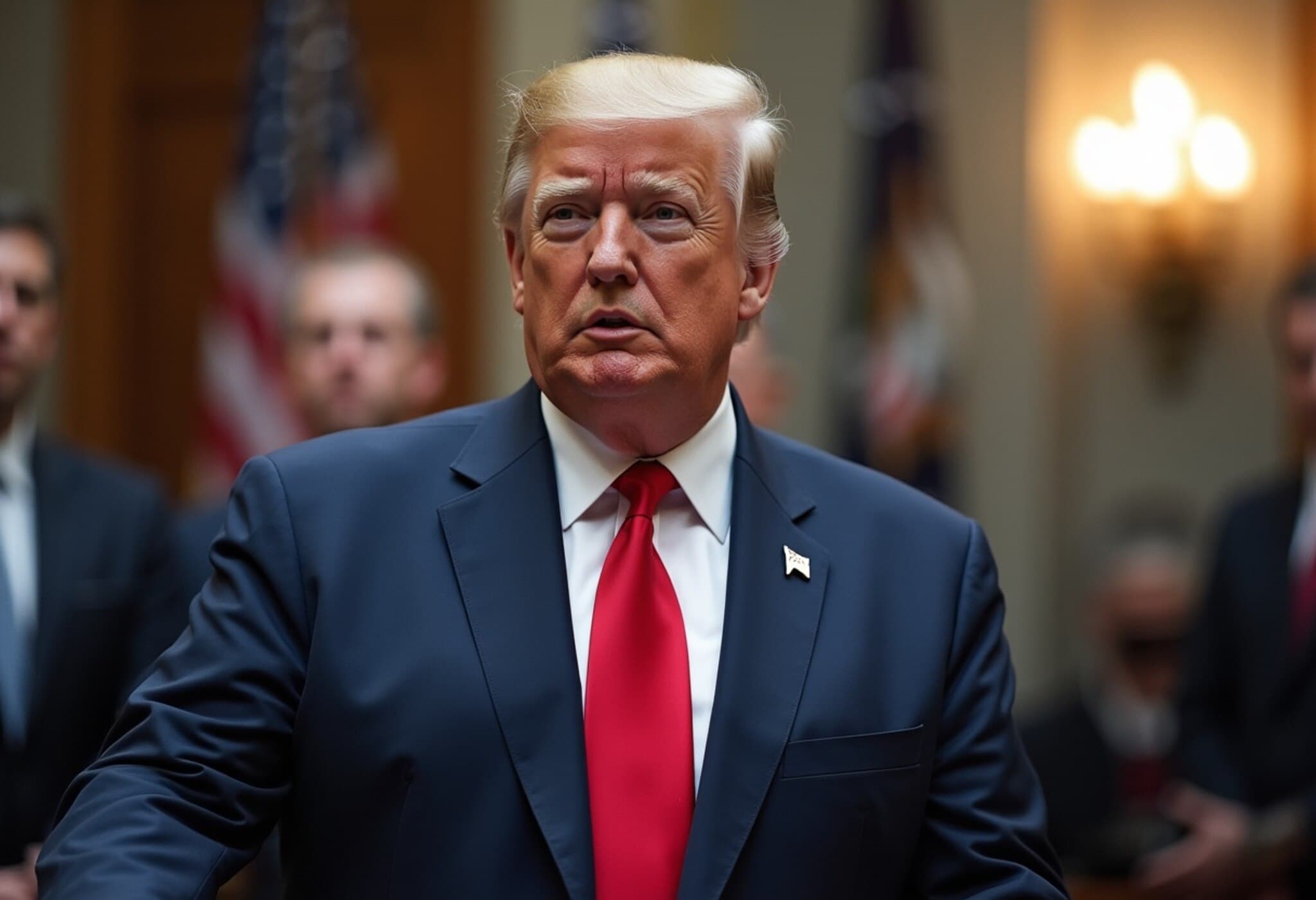Understanding the Push for a Global Billionaire Wealth Tax
Across Australia and the globe, growing economic inequality has sparked renewed debate over how to ensure the ultra-wealthy contribute their fair share. One proposal gaining traction among economists is a global wealth tax targeting billionaires. Unlike typical income taxes, this levy would focus on a small group holding enormous fortunes—raising substantial revenue to tackle systemic imbalance.
Why Australia’s Current Tax System Falls Short
In Australia, the corporate tax rate tops out at 30%, while the highest personal income tax rate reaches 47% (including the Medicare levy). Despite these rates, many high-net-worth individuals pay less tax proportionally because they hold wealth in trusts and companies, not as direct income.
Assets like valuable real estate or shares often appreciate without triggering immediate tax, thanks to capital gains rules taxing profits only upon sale—leaving unrealized gains untaxed. This disconnect allows vast fortunes to grow largely outside the reach of current tax frameworks.
The Challenge of Unrealized Wealth
Taxing wealth that hasn’t been converted into income or sold is tricky. Yet, societies already impose taxes tied to asset values in other ways—property taxes based on assessed home values being a prime example. The core issue in applying a wealth tax to billionaires is that much of their wealth resides in entities not directly linked to them, complicating direct taxation.
A Practical Approach: Targeting What Can’t Be Moved
Though billionaires may move money and assets offshore, certain holdings like prime real estate remain anchored in place. Taxing these immovable assets offers a viable path toward a partial wealth tax.
- Real estate—both residential and commercial—provides a tangible, harder-to-evade tax base.
- Focusing on these assets avoids the complex valuation and evasion challenges associated with corporate structures.
- This approach also diminishes the incentive for rich individuals to simply relocate to tax-friendly countries.
Global Coordination: An Essential but Difficult Step
A wealth tax’s success hinges on international cooperation. Without it, billionaires might simply shift assets to jurisdictions with laxer regulations. Estimates suggest that a modest annual tax of 2% on billionaire net worth globally could generate around US$250 billion (over A$380 billion), a significant boost for public coffers worldwide.
Lessons from Other Nations
Countries like Sweden and France have experimented with wealth taxes, revealing mixed outcomes. For example, Sweden found wealth taxes produced fewer behavioral distortions than income taxes, yet loopholes enabled some to sidestep payments. These international experiences highlight both the promise and pitfalls of implementing effective wealth taxation.
Addressing Resistance and Political Realities
Efforts to restructure taxation for the ultra-rich inevitably face pushback, especially from entrenched power holders. However, notable voices within billionaire families themselves have advocated for fairer taxation, signaling shifting perspectives. Accepting partial reforms that start to narrow inequality may be a practical first step rather than dismissing such initiatives as too difficult.
Conclusion: Toward a More Equitable Economic System
As inequality deepens, debating a carefully designed, partly asset-based wealth tax on billionaires is increasingly urgent, particularly in Australia and other developed nations. By focusing on taxable assets resistant to avoidance and pushing for global coordination, governments can begin to address wealth concentration and fund vital social programs simultaneously. While complex, the conversation is crucial for envisioning a fairer future.

